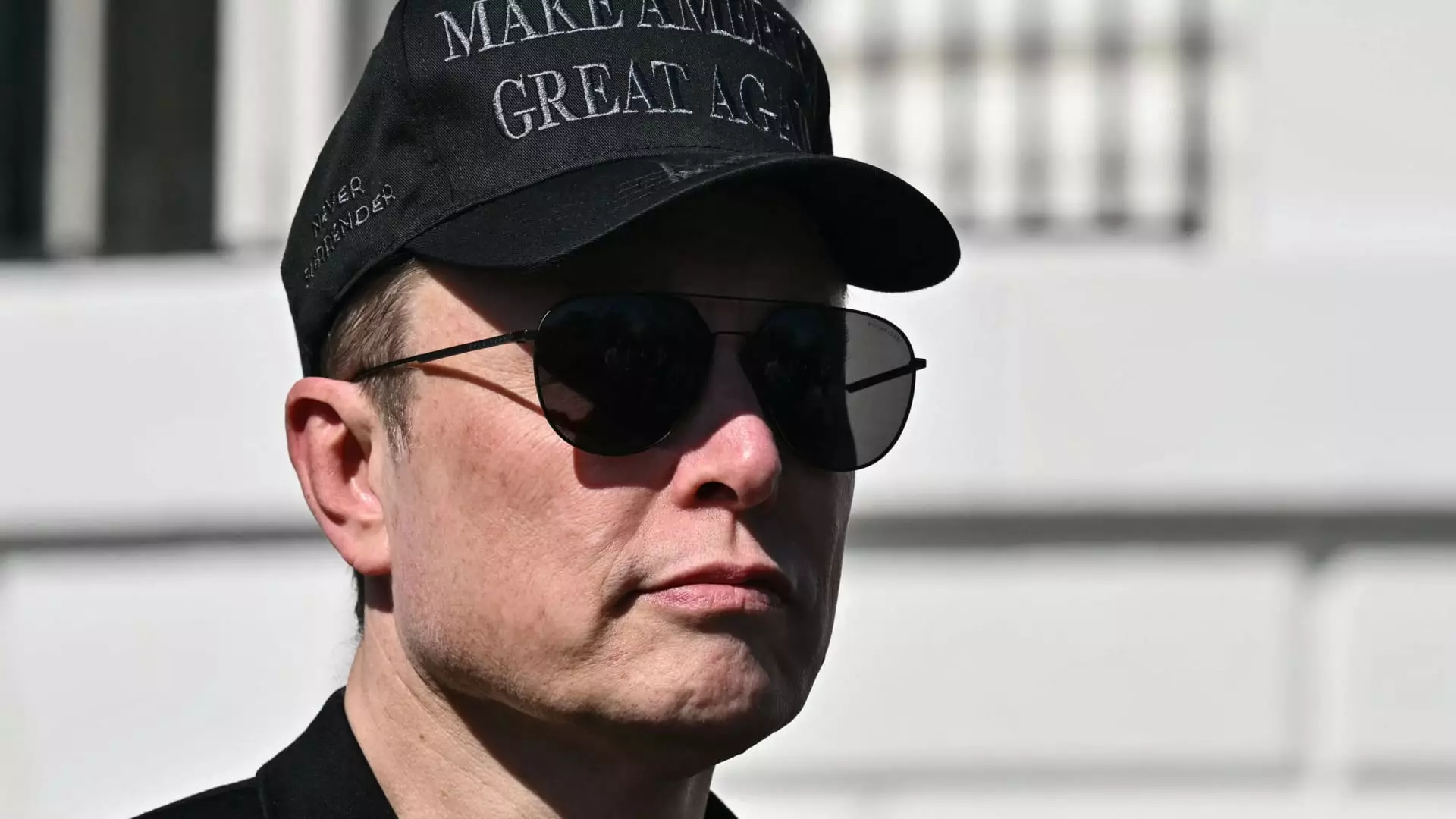Last week, the business and legal realms were jolted by news that Elon Musk, the visionary CEO of SpaceX and Tesla, had received a court summons related to an ongoing lawsuit from the Securities and Exchange Commission (SEC). This lawsuit centers around allegations that Musk failed to disclose significant purchases of Twitter stock before making a bid to acquire the company, which has since been rebranded as X. The summons, delivered at SpaceX’s headquarters in Brownsville, Texas, adds another complicated layer to Musk’s already high-profile life.
Musk’s penchant for bold moves, whether in space exploration or electric vehicles, has garnered him both admiration and scrutiny. However, this instance underscores a critical need for transparency in the dealings of public figures and corporations. The SEC’s allegations detail that Musk amassed a stake greater than 5% in Twitter, a threshold that mandates immediate disclosure. Yet, the civil complaint indicates that Musk delayed this critical reporting by more than ten days, raising eyebrows and questions about his intentions and the fairness of market practices.
The Allegations: Financial Implications
The crux of the SEC’s complaint asserts that Musk’s tardiness in making these disclosures resulted in a financial windfall at the expense of transparency. By underreporting his ownership, Musk reportedly saved himself a considerable sum—at least $150 million—in buying Twitter shares. This situation introduces a sobering consideration: how the actions of influential individuals can disrupt market integrity. Musk’s case seems emblematic of a broader issue in financial markets where rules exist but can be skirted by the powerful.
Moreover, the ongoing case raises questions about the enforceability of regulations in an era defined by rapid technological advancement and extensive social media influence. With Musk using his platform to voice support for political candidates and causes, the implications of this lawsuit extend beyond financial penalties, hinting at a perilous intersection of business, politics, and public influence.
The Reaction and Broader Implications
Upon delivering the summons, the process server encountered resistance from SpaceX security, who refused to accept the documents. This incident is not merely an amusing anecdote; it symbolizes the complex relationship between Musk and institutional authority. The confrontational nature of this exchange reflects a wider narrative where titans of industry often feel marginalized or scrutinized by governmental entities. What does this say about the nature of accountability in business today? Are powerful individuals above the law, or can they be compelled to answer for their actions?
The political context surrounding Musk’s activities further complicates the scenario. The Trump administration has enacted substantial cuts to the budgets of federal regulatory bodies like the SEC, prompting concerns about regulatory efficacy and independence. The administration’s rollback of long-standing policies hints at a troubling trend where financial oversight may be hamstrung at a time when it is most urgently needed.
Musk’s Portfolio and Political Influence
In addition to the scrutiny over his Twitter acquisition, Musk’s influence extends into political domains. His financial support for political candidates, particularly those aligned with Trump’s agenda, raises ethical questions about the roles of wealth and power in shaping public policy. Musk’s active participation in the political landscape could dilute the imperative for rigorous ethical standards, as business interests frequently intersect with governance.
Moreover, Musk’s previous brush with the SEC, where he settled civil securities fraud charges involving Tesla, showcases a recurring theme: the tension between innovation and regulation. Settling with the SEC for $20 million while stepping down as chairman of Tesla illustrated a precarious dance between compliance and visionary entrepreneurship—a narrative that continues to unfold.
The Path Forward
With a response to the SEC summons due soon, the repercussions of Musk’s case could reverberate far beyond his personal affairs. The outcomes may set important precedents for future corporate governance and regulatory practices. Will the SEC’s actions foster a culture of strict accountability, or will this case reinforce the impression that regulatory bodies are inadequate in the face of corporate power?
As the world watches, this case does not merely reflect one man’s legal dilemmas; it is a crucial moment for the principles of transparency and ethical conduct in finance and business leadership. Musk, representing both a technological and cultural frontier, has to confront these challenges head-on—not just for himself, but for the credibility of the industries he represents. The stakes are high, and the implications could reshape how business leaders engage with the structures meant to oversee their practices.

